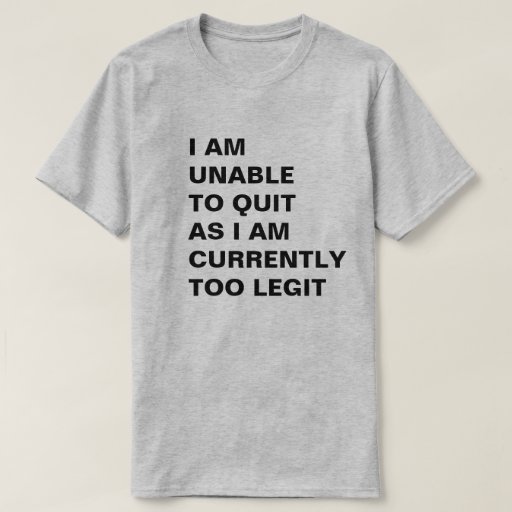116(f) was indeed employed. The very last code gets into (within the §__.116(f)(3)(iii)) a new waiver requirement much like you to definitely recommended on the NPRM, and that today mandates one to for search connected with use of or use regarding identifiable information that is personal or identifiable biospecimens, the needs of advised agree are going to be waived or changed only in case the look cannot practicably getting accomplished without needing instance advice otherwise biospecimens in a recognizable format. The lesser wording alter produced in the words on the supply, as compared with one to suggested about NPRM, is intended having clearness. Which change is meant to manage the newest confidentiality of individuals, while not unduly inhibiting research. Once because of the diversity off views indicated in the public comments with this thing, as well as of several comments trying to subsequent suggestions regarding the correct translation regarding the fresh new “practicably” vocabulary, the last laws cannot describe this vocabulary (which was plus included in the pre-2018 code). We have determined that the requirements having waiver and you can customization within the §__.116(e) and you can (f) rightly prize regard getting people and you may balance it together with other moral principles.
Consistent with the proposal made in the brand new NPRM (advised §__
116(f)(1)) the text proposed regarding the NPRM (to possess §__.116(f)(3)) prohibiting IRBs away from waiving told consent in the event that citizens were asked and refuted to include wider accept the latest stores and you can maintenance getting secondary lookup use of identifiable information that is personal or recognizable biospecimens (aside from the very last rule’s elements is bound in order to recognizable biospecimens, in line with changes produced in the past laws). Nevertheless, i concluded that you should stop a person’s refusal in order to agree to more look access to for example pointers otherwise biospecimens of becoming overridden. So it change to the typical Signal is intended to honor new self-reliance of people and also to next the newest Belmont Statement idea off admiration to have persons.
The past signal will not incorporate the new NPRM’s proposed a lot more waiver conditions (recommended to have §__.116(f)(2)) to make use of to analyze involving the access to biospecimens. That it alter is not needed once the the brand new proposition throughout the NPRM the Preferred Signal continue to all or any biospecimens no matter what the identifiability hasn’t been accompanied from the last rule. I concluded that this new waiver and you may adjustment standards within the latest rule are correctly protective regarding identifiable biospecimens and that an most waiver traditional getting such as biospecimens is not warranted. Such, §__.116(f)(3)(iii) about latest code is actually a research expectations specific to research which involves having fun with recognizable personal data or recognizable biospecimens. Lower than which criterion, a keen IRB may well not waive or transform conditions regarding told consent with regards to such as lookup unless the fresh IRB discovers and you may records your research couldn’t practicably become achieved without using such as for example suggestions or biospecimens during the an identifiable style.
The past laws and enters (for the §__
This new style and you will business of §__.116(f) on the finally code are different from the proposed §__.116(f) demonstrated throughout the NPRM. I produced such alterations in an attempt to-be obvious from the the outcome each and every requisite. Most significantly, §__.116(f) from the final rule will bring separate sentences towards relevant conditions having waiver as well as the applicable standards to possess adjustment of the requirements to possess advised agree. So it differs from the fresh new strategy proposed on NPRM, while the method within the pre-2018 signal one don’t separate those discussions. We end that breaking up new talk  of waiver and alteration tend to let explain brand new applicable standards, eg since the last rule details making use of the waiver and you can alteration terms in the context of wider concur.
of waiver and alteration tend to let explain brand new applicable standards, eg since the last rule details making use of the waiver and you can alteration terms in the context of wider concur.
Part __.116(f)(1) makes reference to the entire design for a keen IRB so you’re able to waive what’s needed to own told agree. That it paragraph demonstrates to you you to definitely an enthusiastic IRB may waive the requirement to see told agree under §__.116(a) (general conditions getting advised consent), §__.116(b) (basic parts of informed concur), otherwise §__.116(c) (a lot more components of told agree that apply to certain browse) should your search matches the newest conditions established from the §__.116(f)(3) (talked about less than). Since said a lot more than, the ability to fulfill the demands to locate advised consent off a subject otherwise a beneficial subject’s lawfully signed up associate as a consequence of the means to access an over-all consent specifically situations are an autonomy offered to organizations, however, institutions should never be required to get informed consent because of a large agree procedure. For this reason, §__.116(f)(1) doesn’t give one to an enthusiastic IRB could possibly get waive the requirement to get informed concur less than §__.116(d) (large consent) given that access to wider consent was a regulating liberty, rather than a necessity. 116(f)(3)), § __.116(f)(1) will bring when just one is actually asked to provide large concur on shop, repair, and you can additional browse usage of identifiable personal information or recognizable biospecimens and you will refused to agree, an IRB don’t waive consent having both the brand new storage, restoration, otherwise second research accessibility such as biospecimens otherwise recommendations.